Tips to boost the Quality of your Assignment
Study at your own pace in quiet spaces
The more you depend on noise while you are studying, the chances are you will become more diverted. Studies have proven that students who use headphones and listen to music while studying can hurt them. So, you will need to stay away from noisy places and not listen to music or your will not grab A plus score in your assignment. Once you feel assured in that certain skill, execute the tactic to your benefit. But you will need to remember that you must follow your surroundings.
Offer value over your content
There are tons of many refreshing methods to become educated these days, people do not have time to read papers any longer. Video kind of content is taking all over the globe. So, you will need to place some effort and provide real value to your content. The audience has a very short time duration. So, you will need to showcase a problem and then bring solutions while writing your assignment. If you unable to offer this, then you will have to provide some real facts and shed new light on vague case. In general, the main aim is to share info and provide real value to the readers with writing an assignment.
Provide yourself support once required
Of course, we all want to prove that we are capable of everything and push ourselves to perform well in any task or assignment. But then writing a task or assignment is not easy and you will not write a quality essay without planning or help from others. So, if you are unable to catch your classes due to a shortage of time and are unable to finish your assignments. Then you will need to join office hours, talk to your teacher or you can schedule a meeting with your teacher for extra support. You can also approach a reputable
Assignment Writing Help Qatar and save a lot of time.
Prioritize your assignments and classes
It is simpler said than done, do not try to finish your work in the whole day. So, you will need to create a list of what are your main priorities and what needs to be done with the ball rolling. After that, you will need to follow it every step. The more tough your assignment becomes, the more vital for you to break them into smaller chunks. Then you will need to tackle them one by one.
Keep it short and simple
Adding classy terms to your papers will boost the quality of your assignment. But you will need to remember academic assignments are not written in a complex and informal tone. Always keep it simple, and concise and ignore jargon. Also, write in a formal tone. On the other hand, if your topic is tricky then also try to use simple and concise language.
Final Thought
As a result, these are the top 5 tips to boost the quality of your assignment. By following these tips, you will not just increase the quality of your assignments. But then as well offer real value to your readers. Do not be afraid to reach out to your teacher and as well senior if you need any guidance or are unable to write your assignments due to a tough schedule.

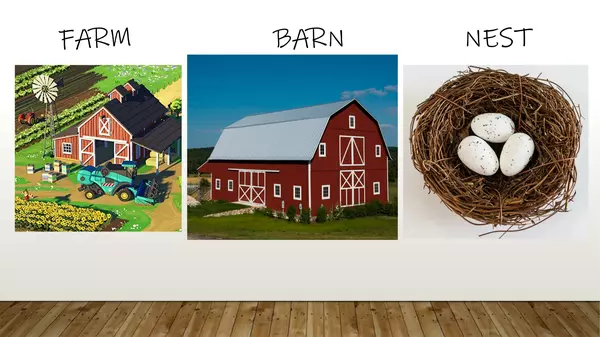
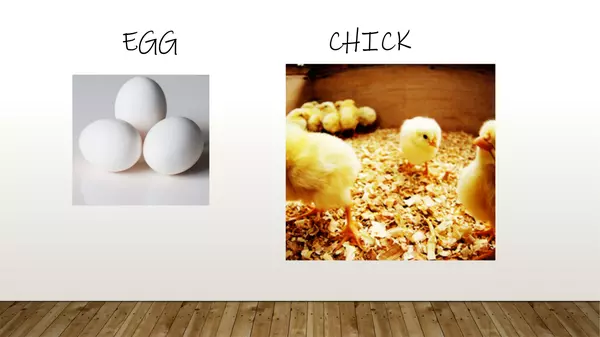



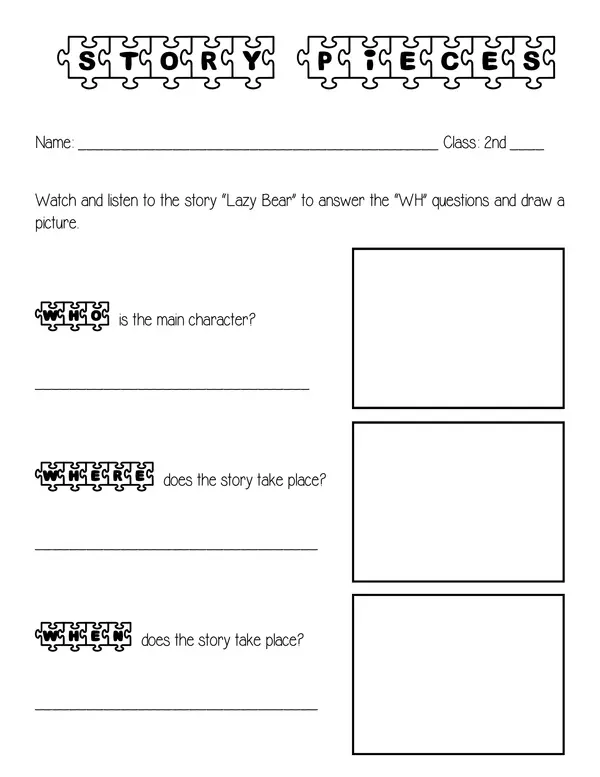
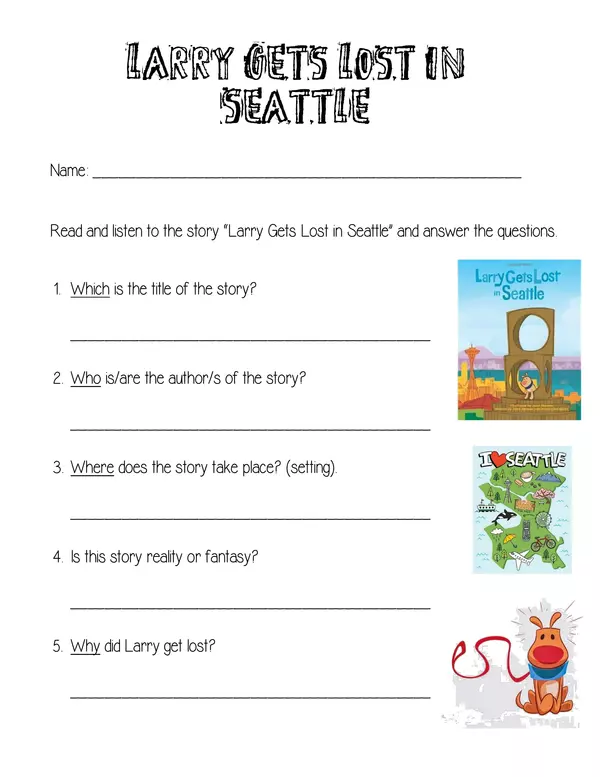
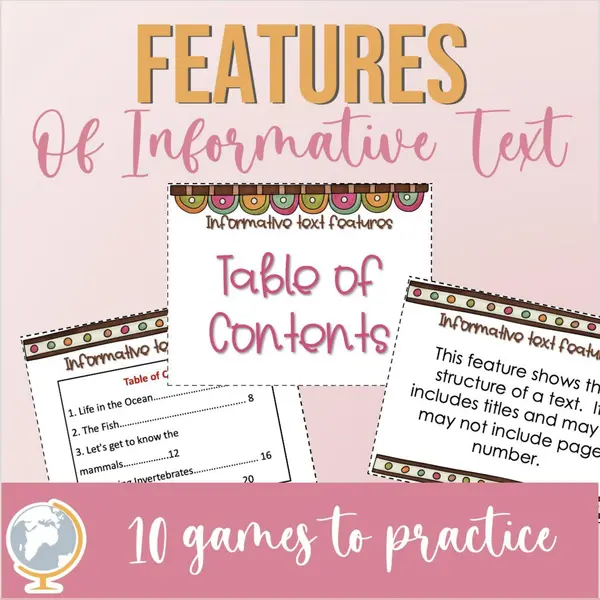
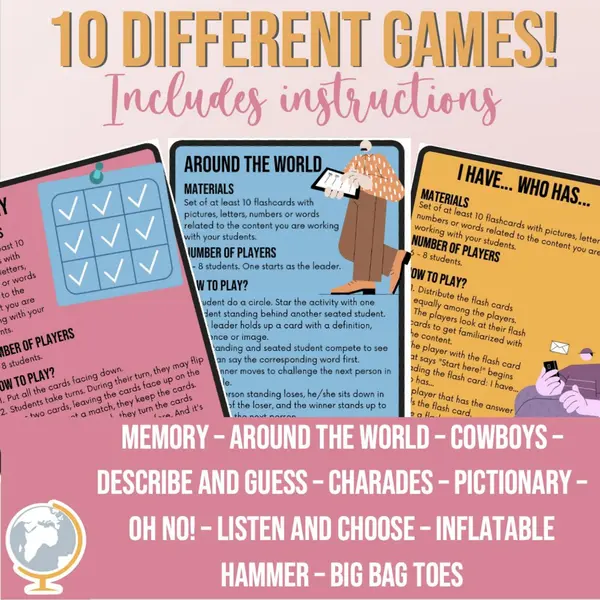
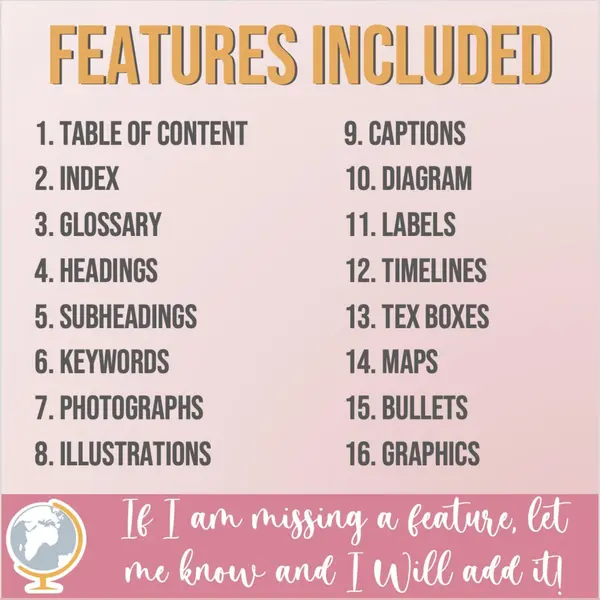
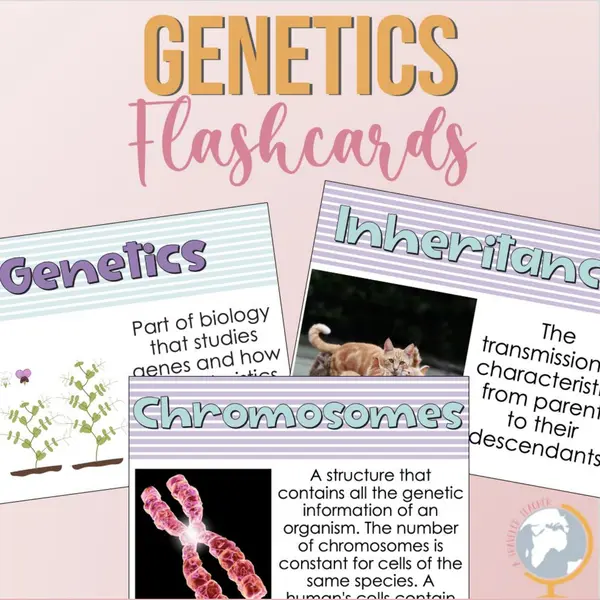
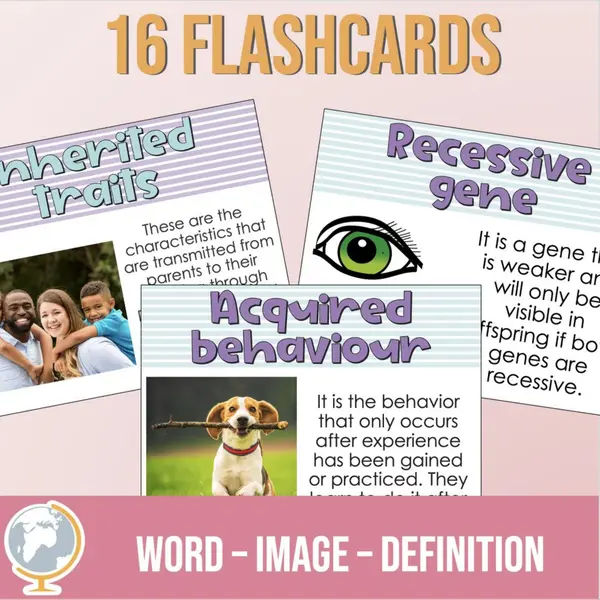
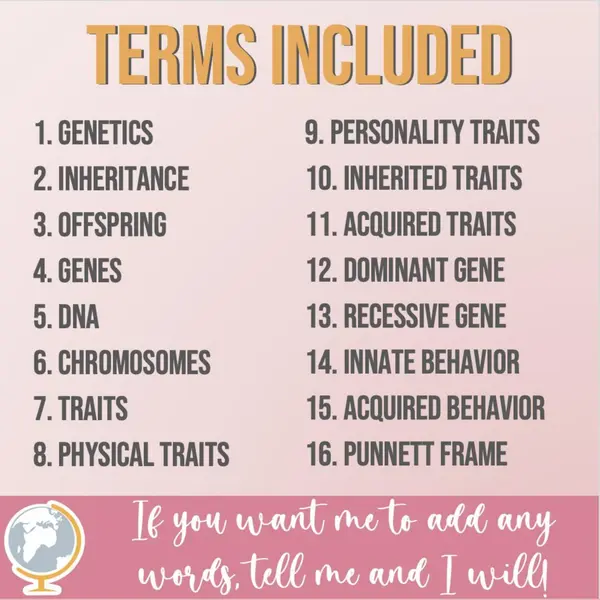
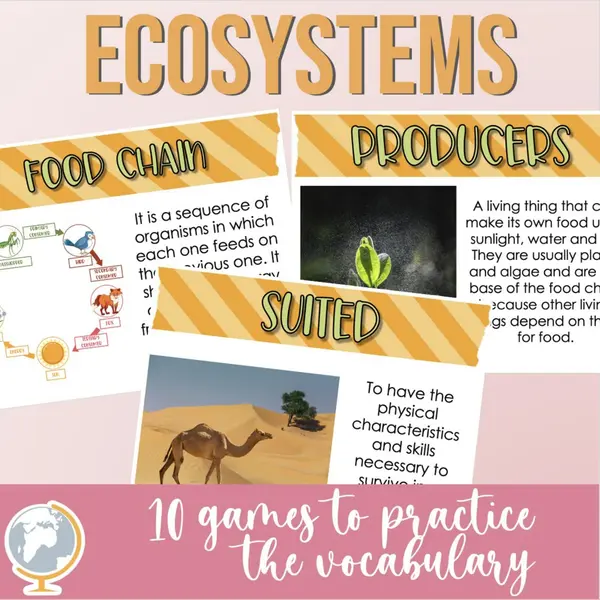
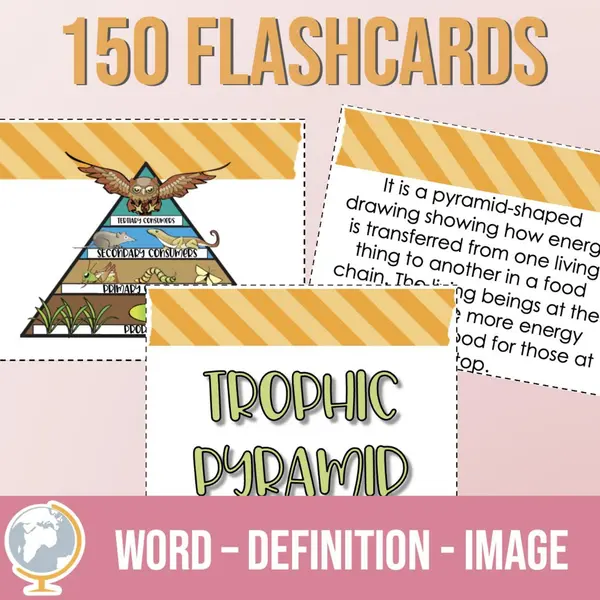
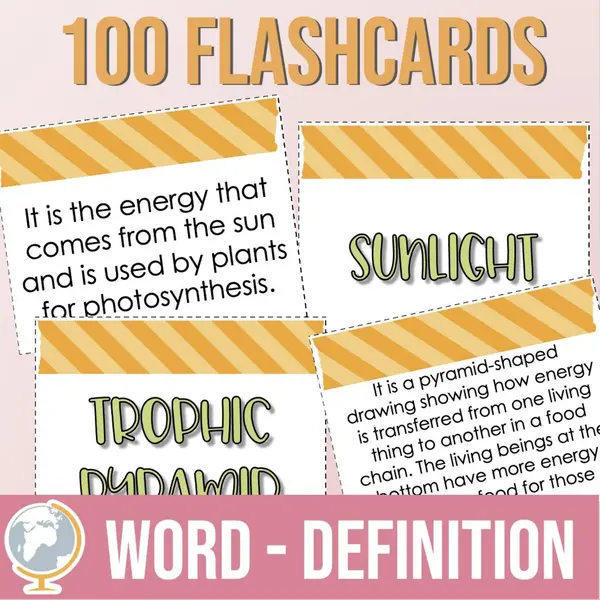
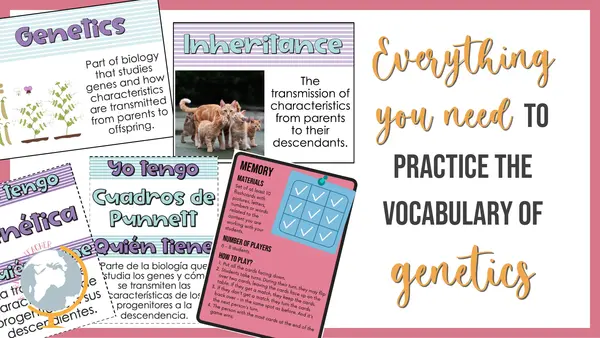
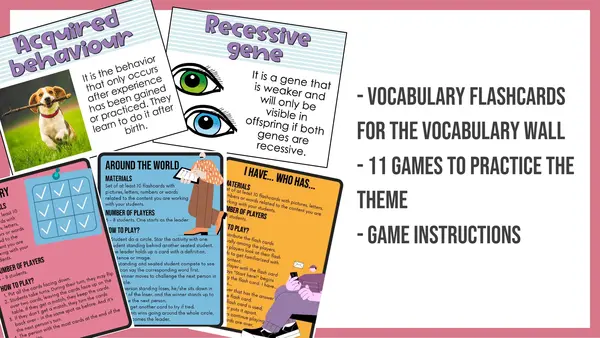
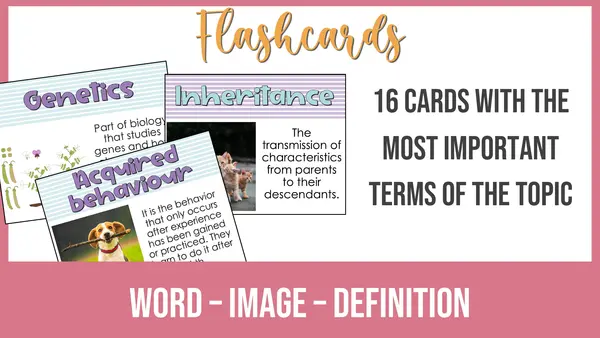
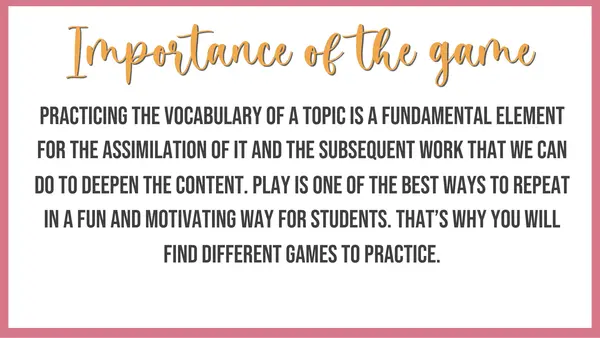
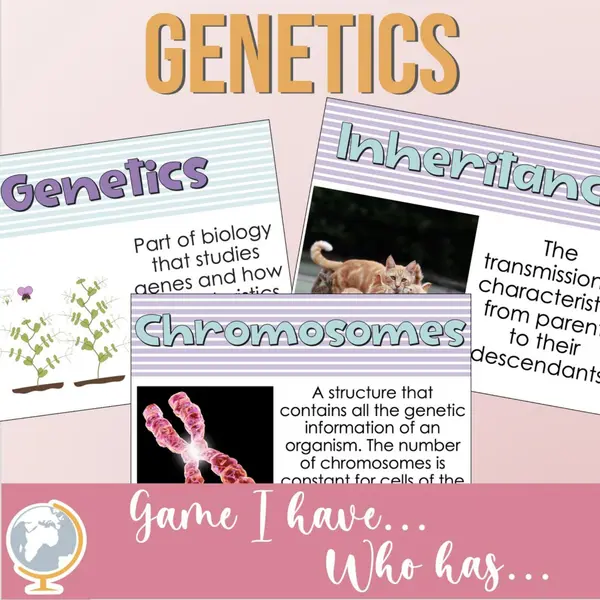
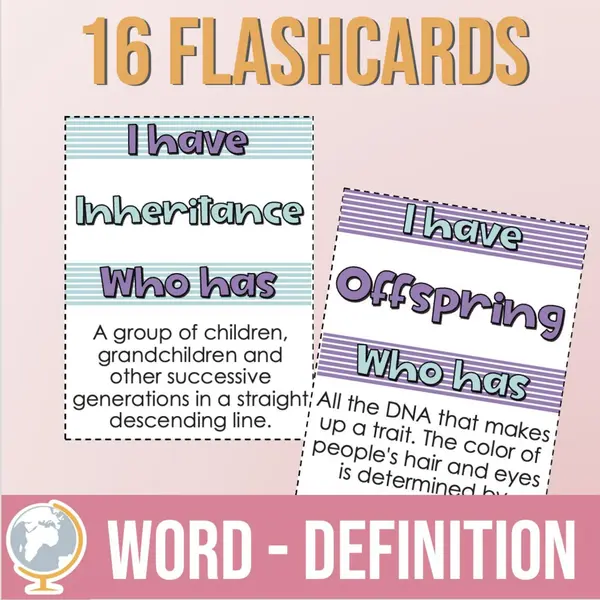
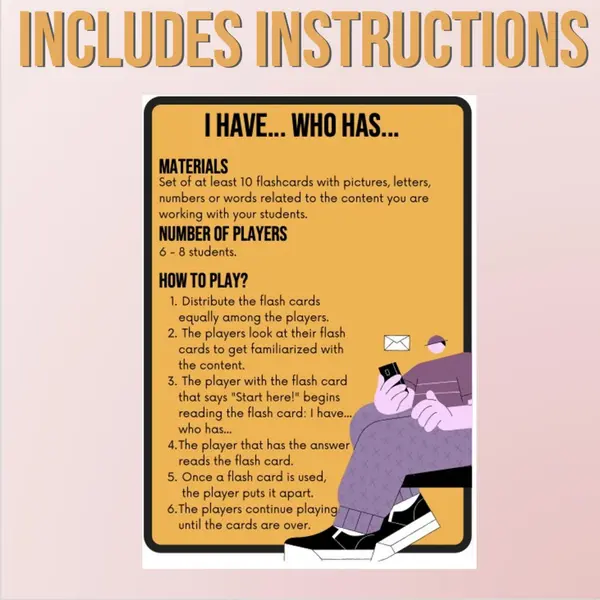
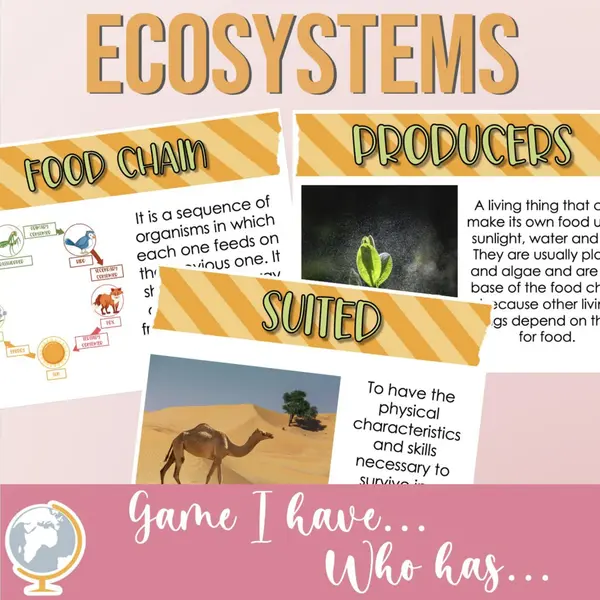
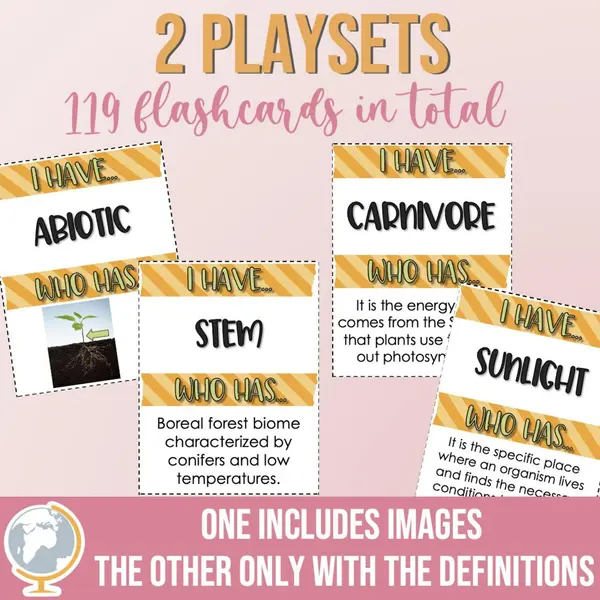
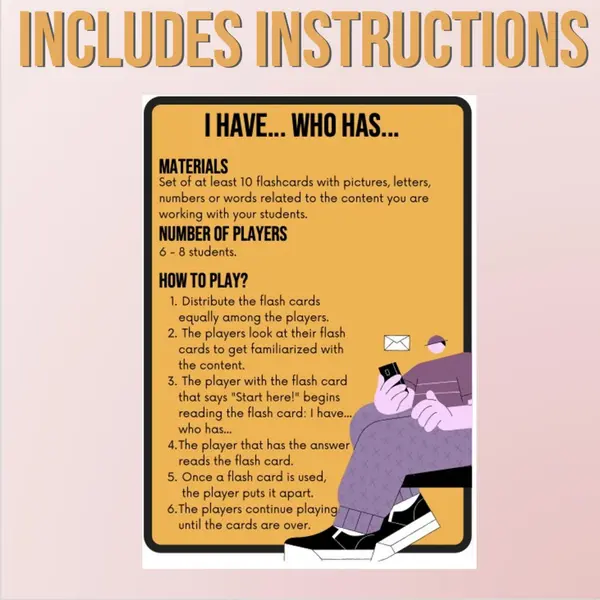
There are no comments yet, write one yourself!